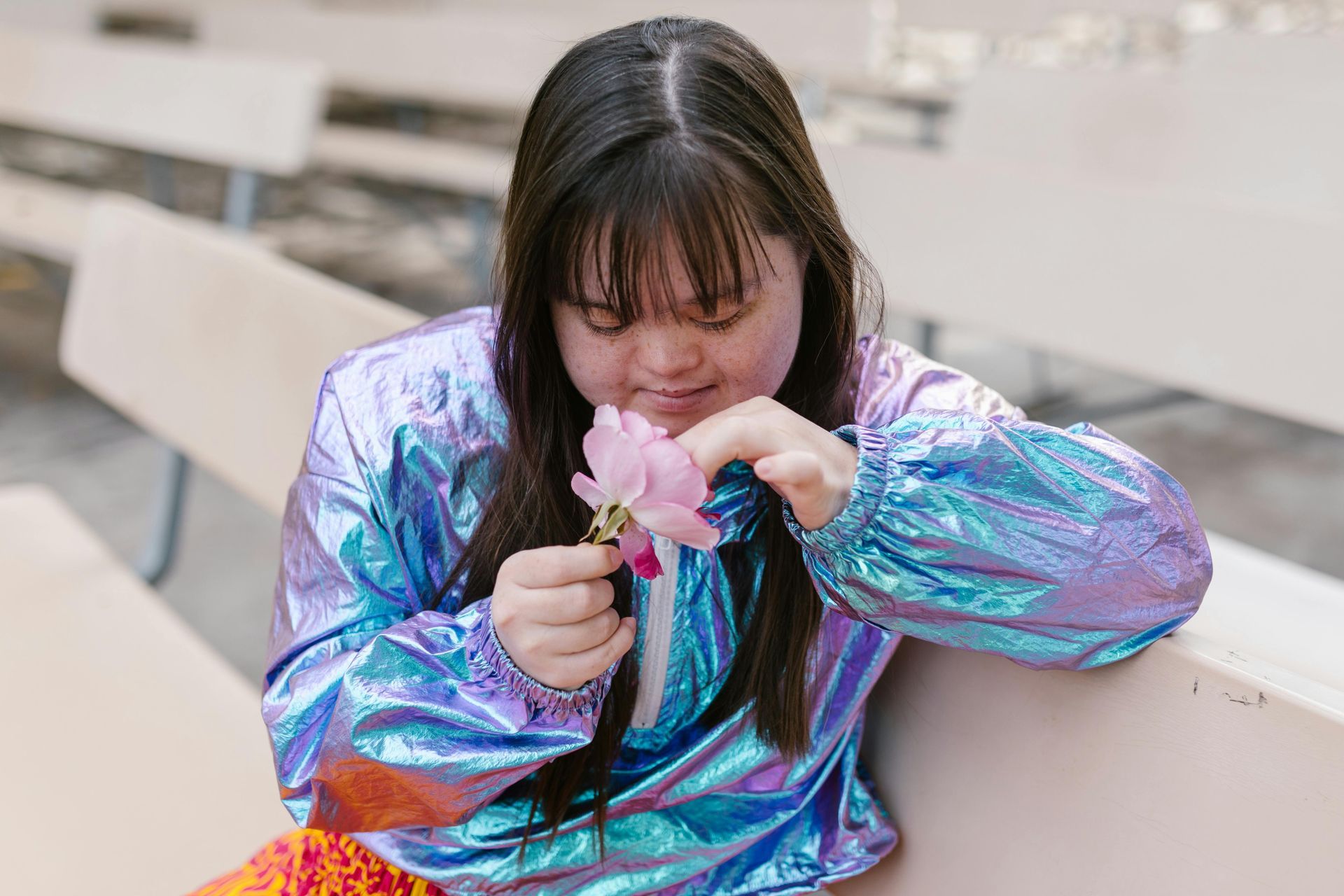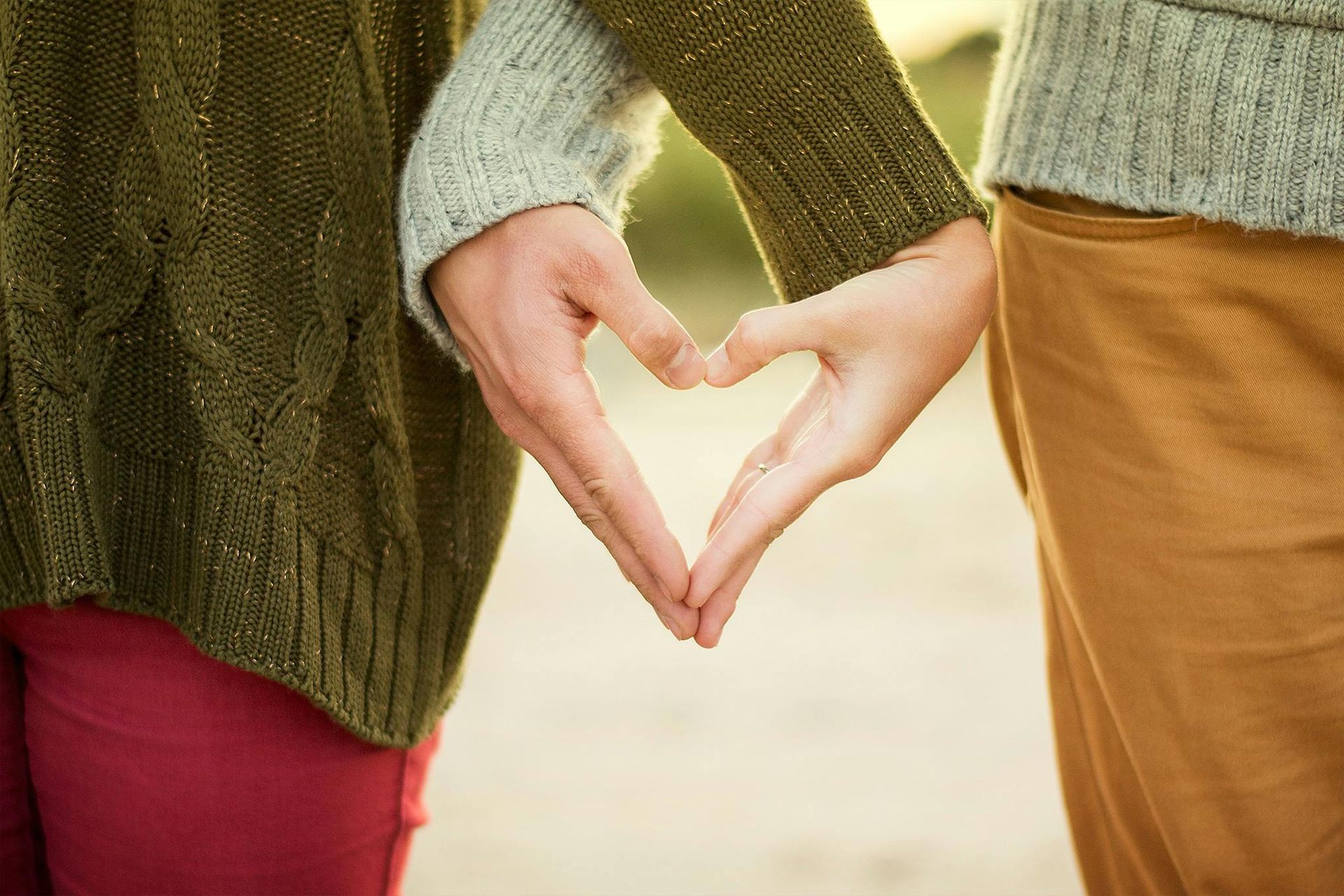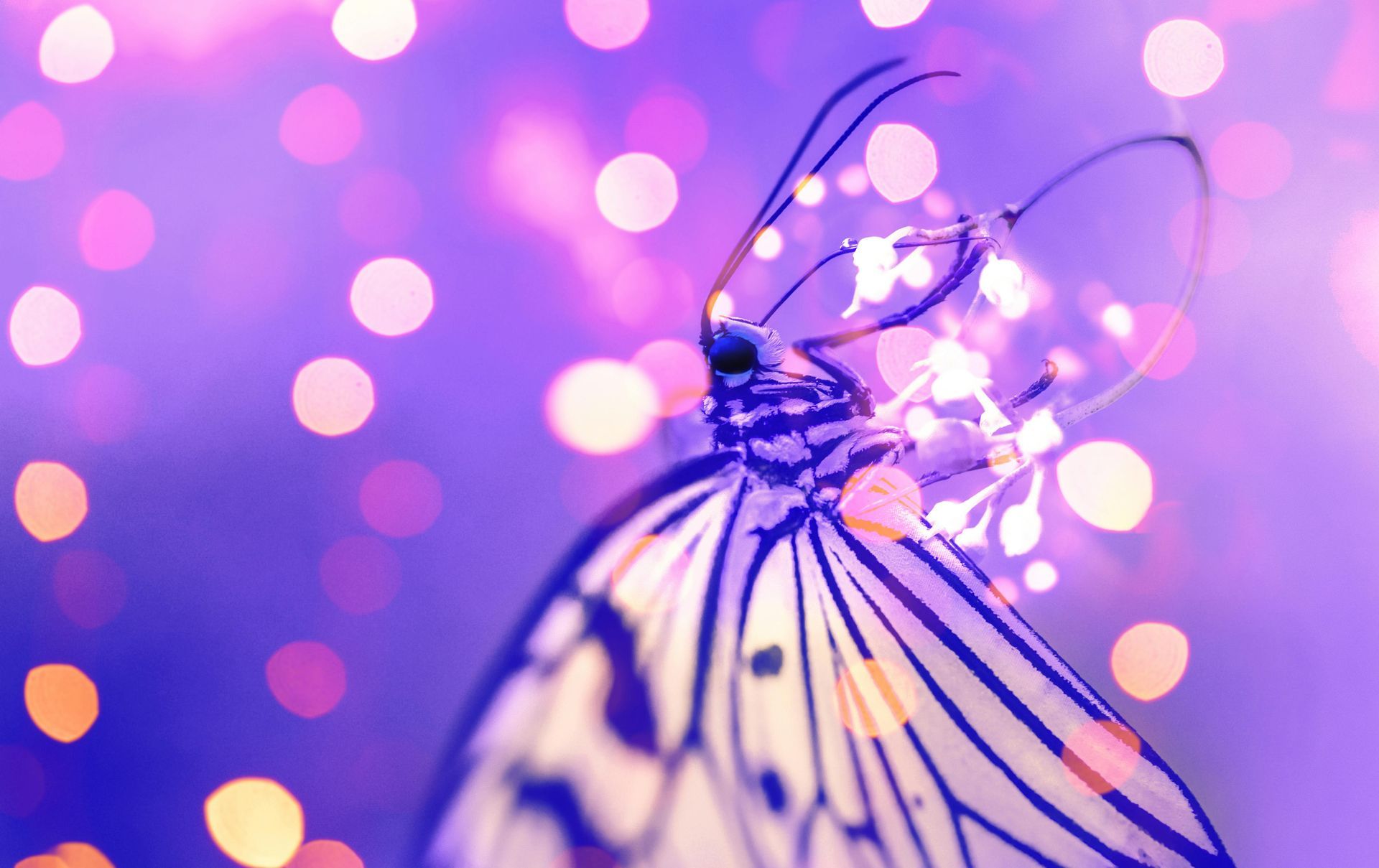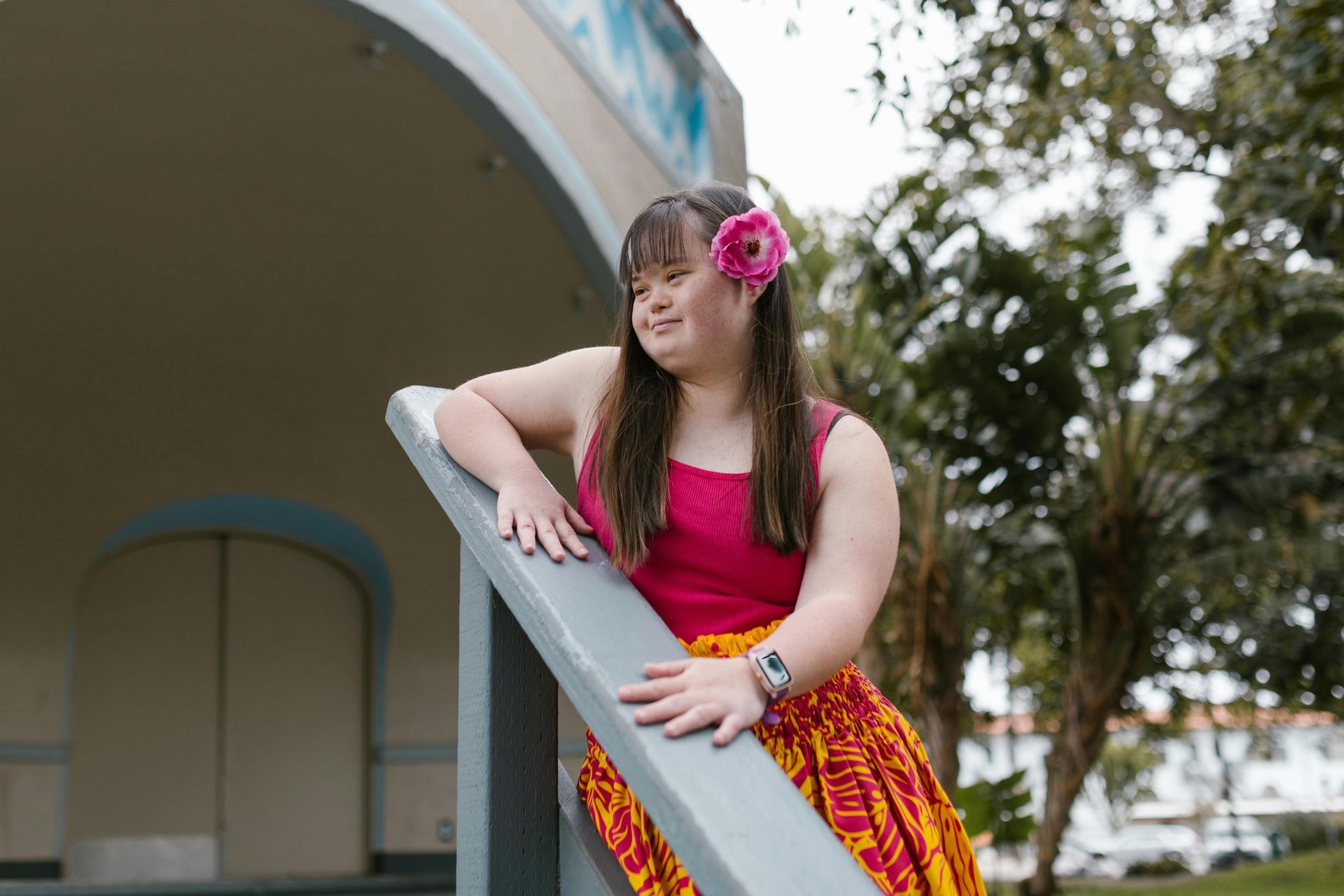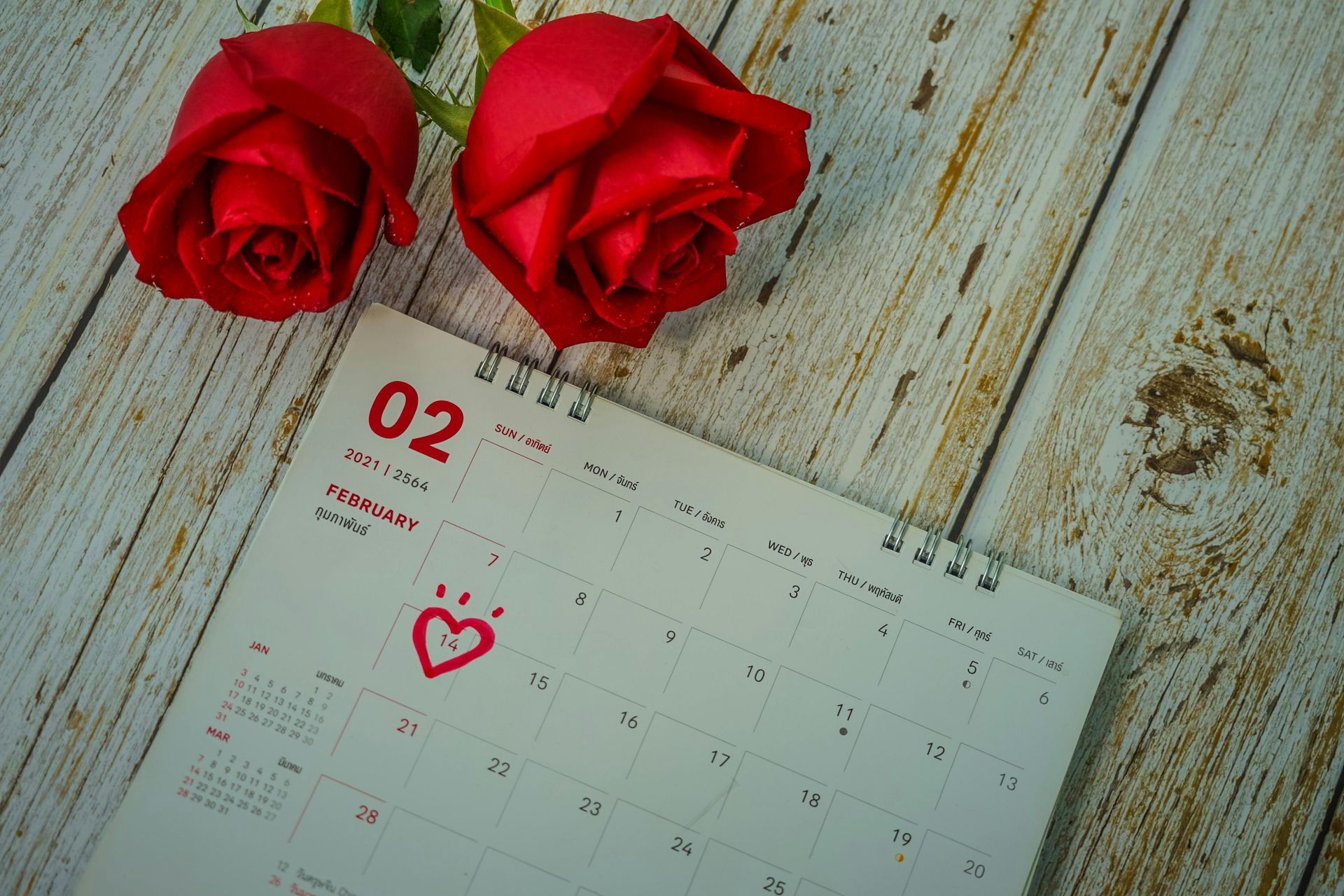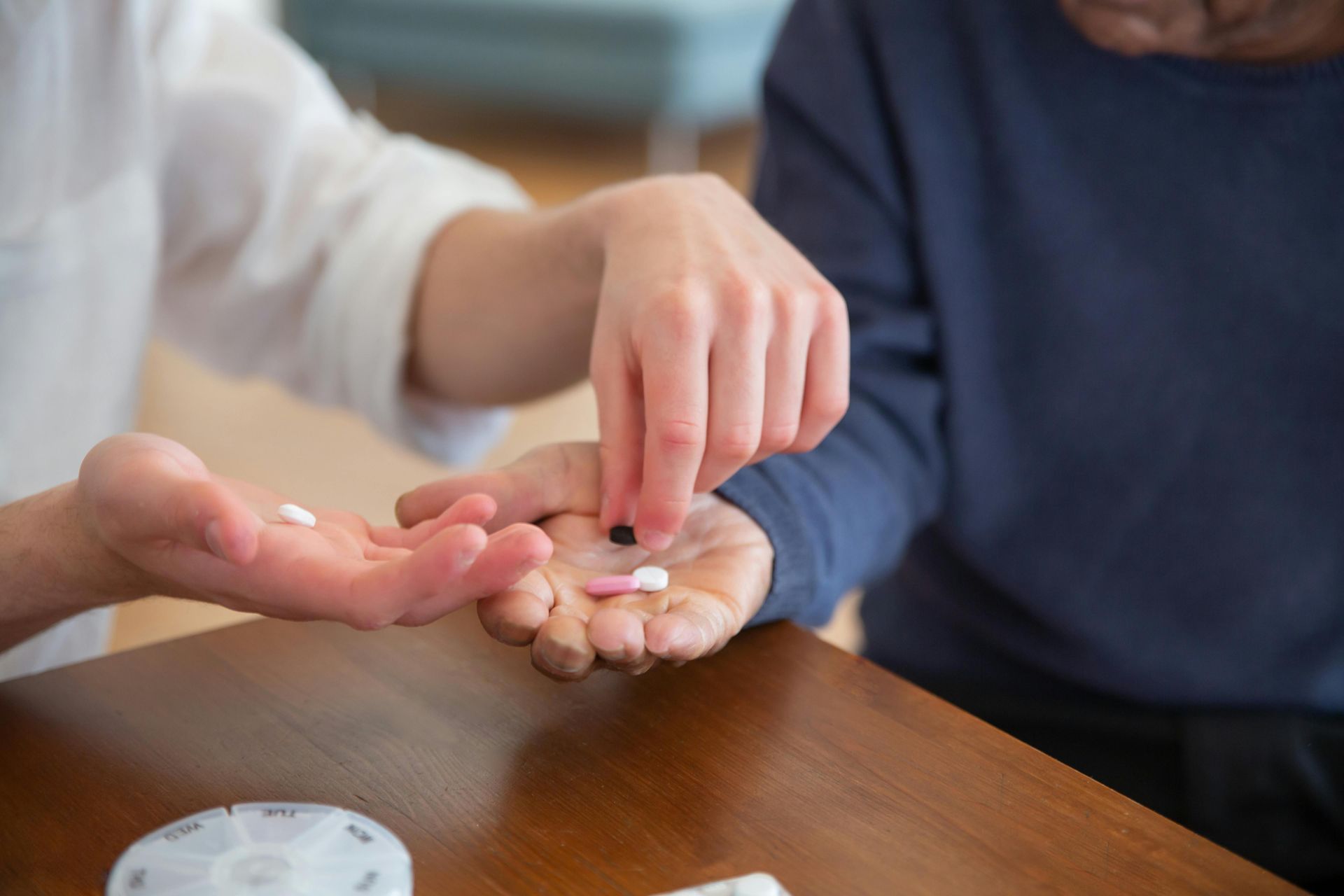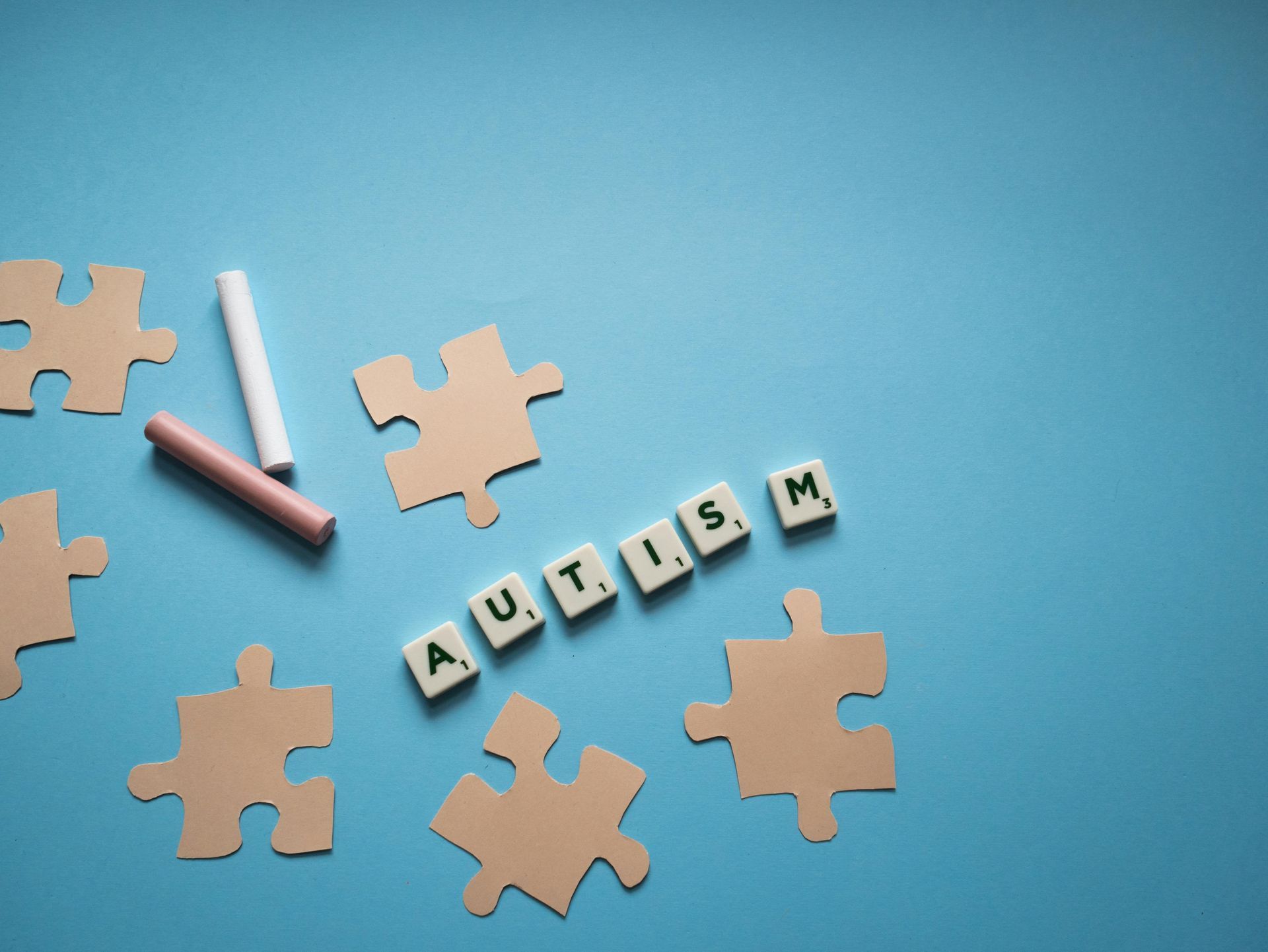Disability Pride Month is more than an awareness campaign
It’s a movement. It’s about celebrating the identity and contributions of people with disabilities while challenging stigmas that still persist in society.
This month, we reflect on how far we’ve come since the Americans with Disabilities Act (ADA), and how far we still have to go. Pride is about empowerment. It’s about recognizing that disability is not a flaw or limitation—it’s a vital part of human diversity.
From increased visibility in media to advocacy for accessible spaces and services, Disability Pride Month is a call to action. It encourages inclusion, promotes equity, and centers the voices of those often marginalized.
Whether you are a caregiver, educator, policymaker, or neighbor—everyone plays a role in ensuring that individuals with disabilities can live proudly, freely, and fully.
👉 Explore how inclusive support services can help individuals embrace who they are.
Visit our website to learn more: www.globalhandsinc.com

